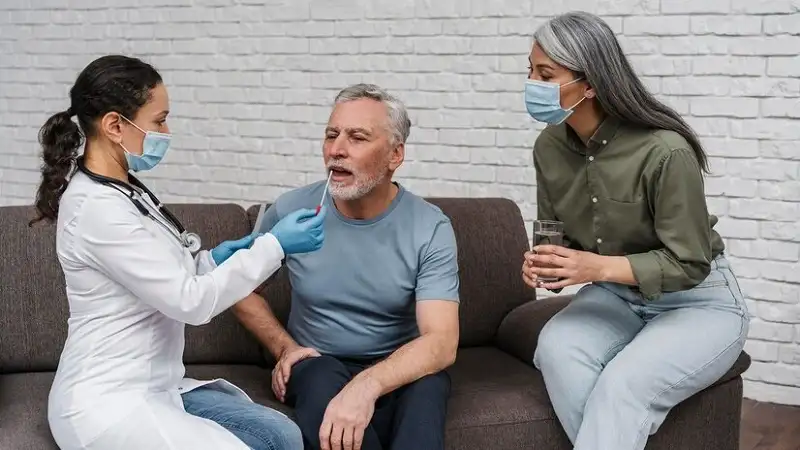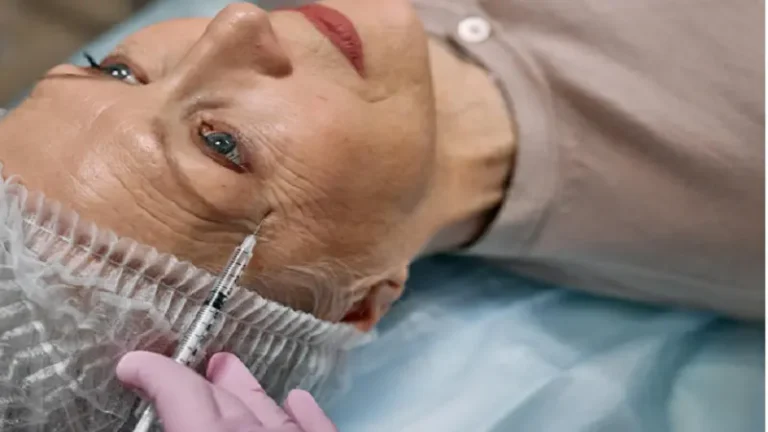Treatment Care Tips for Stomach Cancer Survivors
Even though stomach cancer is relatively uncommon, it can still creep up into your loved one’s life. According to Yale Medicine, only 1.5% of new cancer patients in America have this debilitating disease. In 2024, there were 26,890 new cases of gastric cancer, with over 10,880 deaths.
Thankfully, a doctor caught the symptoms of unexplained bloating, fatigue, and indigestion early. Hence, your loved one got the right treatment.
Throughout this journey, you’ve seen them undergo surgery, chemotherapy, and other targeted treatment options. And now they are on the path to recovery with your assistance.
However, as a caregiver, you’re probably unaware of the exact requirements for a fulfilling post-treatment life among stomach cancer patients. In this blog post, we’ll discuss tips to ensure a better quality of life for such fighters.
#1. Go for Follow-Ups
For your loved one, life after stomach cancer will mean making new choices and returning to familiar things.
Let’s say they have completed treatment and overcome the disease plaguing their body. In that case, you might think that visiting the hospital or clinic is over. However, that’s not a wise step. Instead, you’ll need follow-up appointments.
You can also develop a survivorship care plan for your loved one. These include suggested follow-up tests, the number of screening exams needed, a list of side effects, proper diet, etc.
During the follow-up visits, the doctor will:
- Ask questions about your loved one’s health.
- Perform exams and imaging tests to look for side effect signs.
- Talk to the survivor and determine their discomfort, changes, problems, etc.
Remember to visit the oncologist every three to six months for the first few years. During these visits, the healthcare professional will run lab tests like upper endoscopy, CT scans, etc. Any suspicious physical findings will be revealed during these exams, leading to better prevention and treatment.
#2. Partner With a Professional With a BSN Degree
Did you know nursing graduates can be the cornerstone of empathic care for a cancer survivor? They’ll help with emotional support and pain management, offering survivors comfort when they’re having side effects.
Statista reports that there were at least 3.175 million registered nurses in America last year. Amidst this saturated market, how do you find a professional who’s qualified to offer after-treatment care for a few months?
According to Holy Family University, professionals with a Bachelor in Nursing (BSN) degree come with the following skill sets:
- Assess, plan, and implement nursing interventions after patient evaluation.
- Proper health assessment and illness prevention through healthy nutrition, exercise, and rest.
- Restorative care and supportive interventions to promote wellness and maintain quality of life.
You can even choose someone who’s completed an ABSN or accelerated BSN program online with a history in oncology care and in-home experience. Once they graduate within 14 months, they’re usually ready to sit for the NCLEX-RN exam to become a registered nurse. As a result, these professionals are capable enough to provide post-treatment care for a cancer survivor.
#3. Understand Nutritional Issues
According to an NIH study, nutrition plays a crucial role in the primary prevention of cancer relapse. Hence, survivors must get evidence-based dietary recommendations.
Needless to say, stomach cancer will affect how your loved one eats and absorbs nutrition. During the post-treatment recovery time, the survivor will have problems with nausea and weight loss. Many people even lose their appetite, making it hard for their bodies to absorb the required nutrition for a healthy life.
You might have noticed your loved one requesting to change the way they eat. For example, they might need smaller portions and more frequent meals every day.
Do consult a dietitian or a nutrition expert to adjust the food to a cancer survivor’s eating habits. They might suggest having small portions every two to three hours. Vitamin supplements, especially B12 injections, can help.
Food items to give a gastric cancer survivor include the following:
- High protein and calorie-rich items: Cheese, peanut butter, vegetables, meat, eggs, pudding, yogurt, etc.
- Vitamins and minerals: Vitamin supplements like B12, iron, calcium, and folate can help.
- High-fiber foods: Breads, legumes, fruits, whole grains, seeds, and cereals.
Sometimes, your loved one can experience diarrhea because of dumping syndrome. This happens in case a part of their stomach is removed during treatment. The food will directly pass into the intestine, causing such unease.
As you can see, being a gastric cancer survivor calls for extra care and assistance. Your loved one will need a proper plan for survivorship from a professional.
Remember to take them for follow-ups that include tests and exams to check their physical health. Hiring a nurse with an accelerated BSN degree can help. Usually, they’ll charge USD 30.47/hour.
Beyond these, you’ll have to ensure your loved one gets the proper nutrition to help aid their journey towards a normal life.






